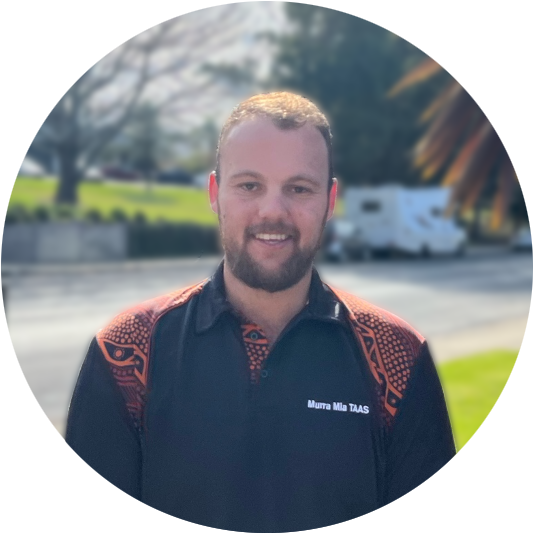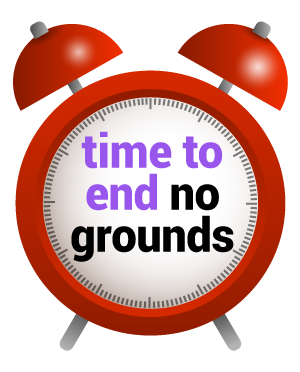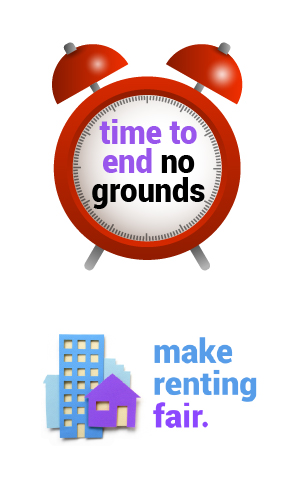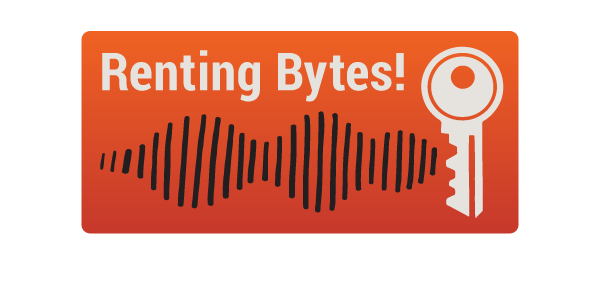Tenant Advocate’s perspective – An interview with Marcus Neil
07/09/2022
We took the opportunity of a recent visit to Murra Mia Aboriginal Tenants Advice and Advocacy Service to interview Tenant Advocate Marcus Neil.
 Tell us a little about your position and what you do on a day-to-day basis?
Tell us a little about your position and what you do on a day-to-day basis?
I’m a Tenant Advocate with Murra Mia Aboriginal Tenants Advice and Advocacy Service. I assist tenants in the Southern NSW area. My day-to-day work involves giving advice to tenants, representing clients at the Tribunal, following up with clients’ cases, negotiating with housing providers, and referring tenants to other services for non-tenancy related assistance. I also travel out of the office doing face-to face visits when we’re not impacted by Covid-19.
As an Aboriginal Tenant Advocate in a regional area, what are some of the most common housing problems you have been assisting people with recently?
The most common housing problems I am seeing at the moment are:
- Excessive mould
- Low-quality housing
- Increased homelessness due to the lack of housing
- Lack of temporary accommodation and emergency accommodation
- Repair and maintenance issues
- Overcrowding
- Excessive rent increases
- Lack of services and resources leading to added pressure on renters
These problems affect many tenants. For Aboriginal tenants, the issues are often compounded. Overcrowding, poor quality social housing, and lack of maintenance and repairs, lead to homelessness. Lack of services and discrimination in the private rental market further exacerbate the problem.
What would you like to see change for tenants in NSW?
The top change I would like to see is improved quality and quantity of public and community housing. Also in the private rental market, I would like to see an increased supply of housing, as well as more timely repairs and maintenance to improve the quality of homes.
For Indigenous tenants, we need more culturally-informed practice, by educating key stakeholders, including Tribunal members, landlords, and public and community housing providers.
There is also a major need to increase support services, including emergency accommodation, transitional housing, and streamlined access to rehab facilities.
What are some of the ‘top tips’ you would you give to tenants?
- Pay rent on time.
- Keep a diary and put everything in writing in relation to your tenancy.
- Know your rights and obligations.
- Don’t be afraid to ask for help and don’t leave it to the last minute. There is information at tenants.org.au and you can find the phone number for your local Tenants Advice and Advocacy Service.
What keeps you motivated to go to work each day?
What keeps me motivated is knowing mob needs our help to access their tenancy rights. I am motivated to ensure mob has someone to represent their rights and interest and guide them in the right direction.
What drives me is my passion to help improve the quality of life of our people and working towards closing the gap and solving systemic issues in housing.
You help a lot of people maintain their homes, what does your home mean to you?
Home means having a security and a foundation for myself to grow. A home that is safe for my family. If you don’t have a home, you don’t have a core structure.
Not having a home leads to a lack of security, and a person can potentially become homeless and unable to maintain a job. If I don’t have a home, I am putting added pressure on those around me which ultimately will lead to strain on relationships.




